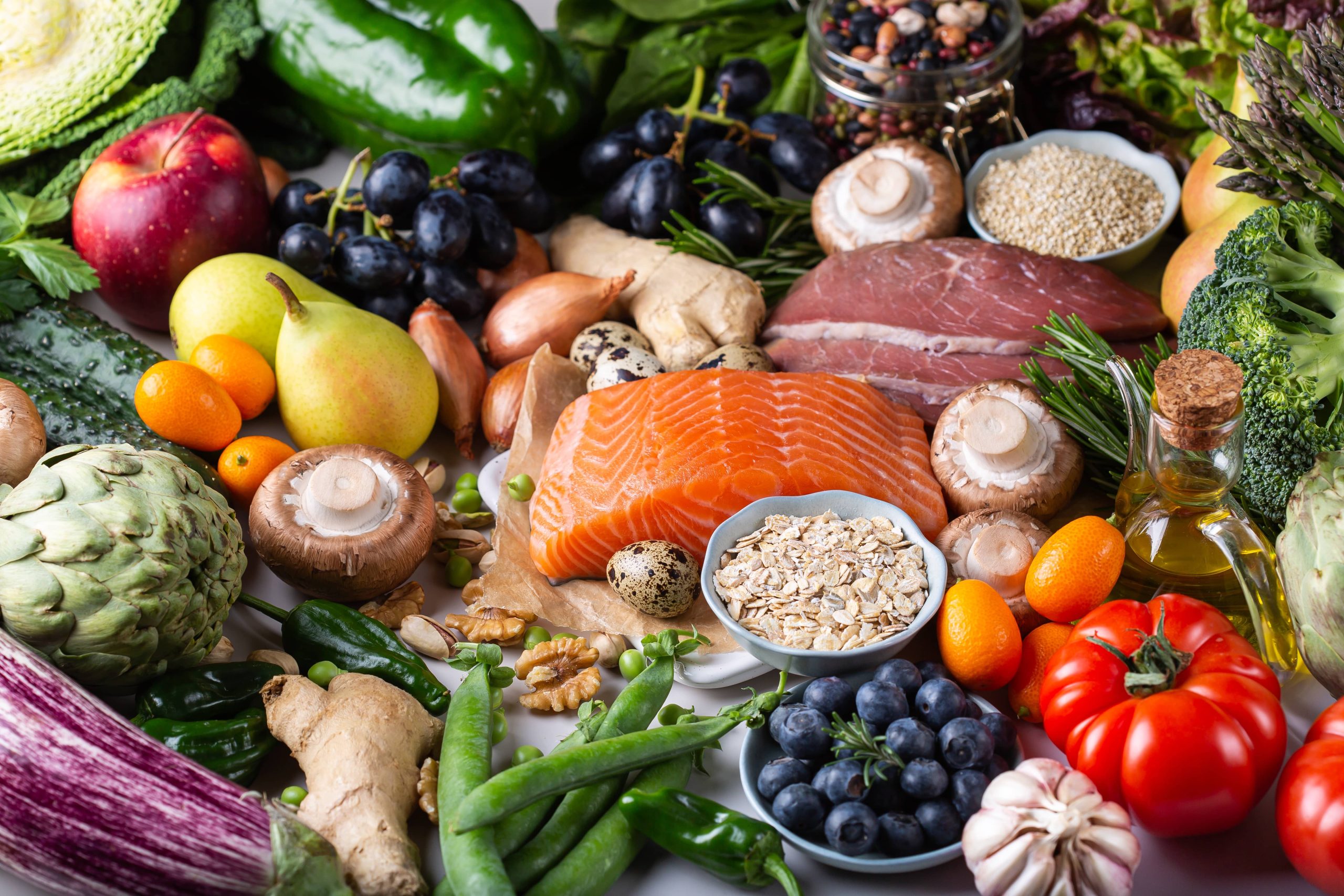
In the ever-evolving world of dieting and nutrition, macronutrients—proteins, carbohydrates, and fats—are key players in the weight loss journey. Despite the rise of myriad diet trends, from ketogenic diets to intermittent fasting, understanding these three essential macronutrients and their roles in our bodies can provide a solid foundation for anyone embarking on a weight loss journey. So, let’s delve into the fascinating world of macronutrients and uncover how proteins, carbs, and fats contribute to effective weight loss.
The Building Blocks: Proteins
Proteins are often hailed as the cornerstone of any effective weight loss diet. They play a crucial role in muscle repair, immune function, and the production of hormones and enzymes. For those looking to lose weight, proteins are particularly advantageous due to their high satiety value. They help you feel fuller for longer, thereby reducing overall calorie intake.
Moreover, proteins have a higher thermic effect compared to carbs and fats. This means that your body burns more calories digesting proteins than it does digesting the other two macronutrients. Incorporating a sufficient amount of proteins in your diet can therefore lead to a slight boost in metabolism. Foods rich in protein include lean meats, poultry, fish, eggs, dairy, legumes, and nuts.
Apart from assisting in weight loss, adequate protein intake is essential when you’re exercising regularly, particularly in resistance training. It helps in building and retaining muscle mass, which is key to maintaining a healthy metabolism.
The Energy Providers: Carbohydrates
Carbohydrates are the body’s primary source of energy. They’re broken down into glucose, which fuels our cells, tissues, and organs. Despite the bad reputation carbs have garnered due to low-carb diet fads, they are an essential component of a healthy diet. The key is to differentiate between refined carbohydrates and whole carbohydrates.
Refined carbs, such as sugary snacks, white bread, and pastries, can lead to quick spikes in blood sugar and insulin levels, often followed by crashes that leave you feeling hungry and lethargic. This pattern can eventually lead to increased calorie consumption and weight gain. On the other hand, whole carbs—like those found in whole grains, fruits, vegetables, and legumes—are digested more slowly, providing a steady release of energy and keeping you satiated for longer periods.
For weight loss, prioritizing complex carbohydrates is crucial. They are rich in fiber, which not only aids in digestion but also helps in maintaining stable blood sugar levels. By focusing on whole carbs, you can enjoy sustained energy levels throughout the day and avoid the pitfalls of binge eating and energy crashes.
The Essential Nutrients: Fats
Fats, the third member of the macronutrient trio, are often viewed with skepticism due to past dietary advice that promoted low-fat diets. However, fats are essential for our body: they are a major energy store, facilitate the absorption of fat-soluble vitamins (A, D, E, and K), and support cell growth and hormone production.
There are different types of fats to be aware of: saturated, unsaturated (monounsaturated and polyunsaturated), and trans fats. Trans fats, artificially created through hydrogenation, are harmful and should be avoided. Saturated fats, found in animal products and some tropical oils, should be consumed in moderation.
The focus should be on unsaturated fats, particularly omega-3 and omega-6 fatty acids. These healthy fats, found in foods like fish, avocados, nuts, and seeds, have been shown to support heart health, reduce inflammation, and even aid in weight loss. Consuming healthy fats can also promote feelings of fullness and satisfaction, preventing overeating.
Balancing Macronutrients for Weight Loss
The effectiveness of a weight loss diet is not solely determined by the reduction of one macronutrient or another. Instead, it’s about finding the right balance that suits your body’s needs, lifestyle, and fitness goals. Here are some general guidelines for balancing macronutrients to support weight loss:
1. Individualize Your Portions: The ideal macronutrient balance can vary from one person to another, often depending on factors such as age, gender, activity level, and metabolic health. Starting with a balanced ratio like 30% protein, 40% carbs, and 30% fats can be a good baseline, but adjustments might be necessary.
2. Focus on Quality: Prioritize whole, minimally processed foods like lean proteins, complex carbohydrates, and healthy fats. These will provide better nutrition and aid in satiety compared to processed alternatives.
3. Monitor Portion Sizes: Even healthy foods can contribute to weight gain if consumed in large quantities. Pay attention to portion sizes and listen to your body’s hunger cues.
4. Stay Hydrated: Sometimes thirst is mistaken for hunger. Ensuring you’re well-hydrated can help manage cravings and keep your metabolism functioning optimally.
5. Incorporate Exercise: Physical activity complements a balanced diet, aiding in calorie burn and muscle retention, which are both crucial for weight loss.
By understanding the roles of proteins, carbohydrates, and fats in your diet, you can craft a more informed, balanced approach to weight loss that respects your body’s nutritional needs while pursuing your health goals. Always consider consulting with a nutritionist or a healthcare professional before making significant changes to your diet. Embracing a balanced, well-informed approach to macronutrients could be the key to achieving sustainable and successful weight loss.
